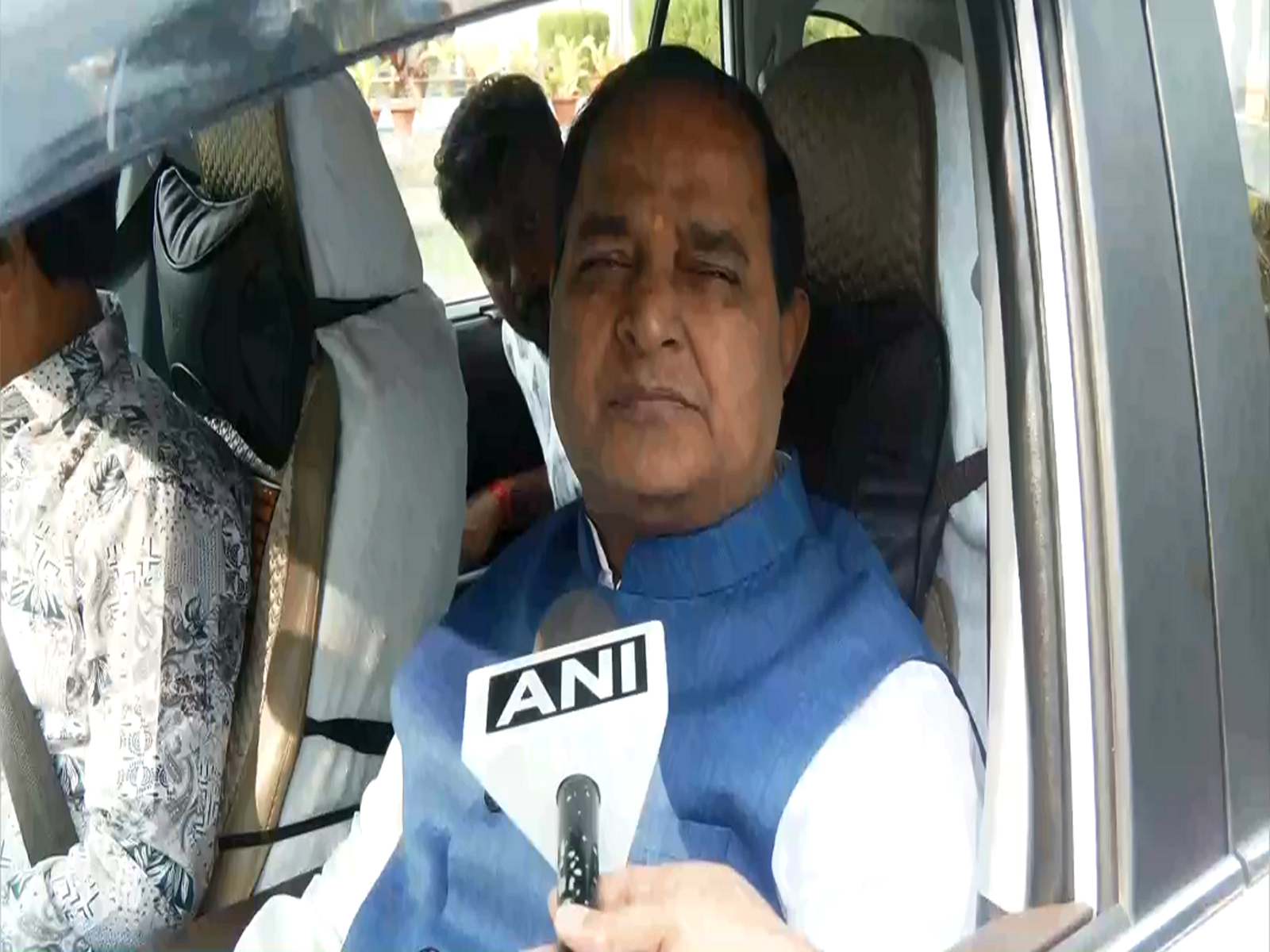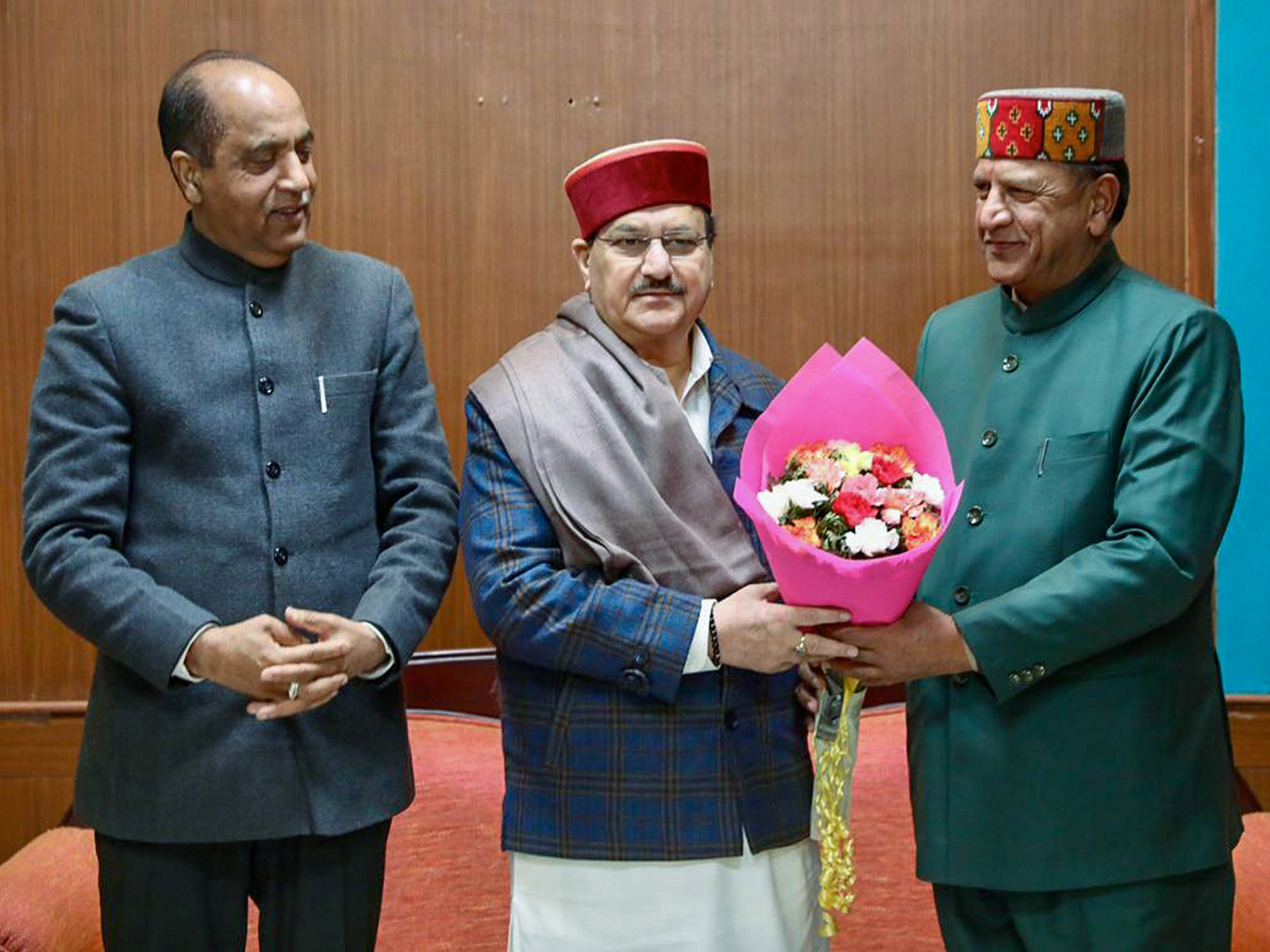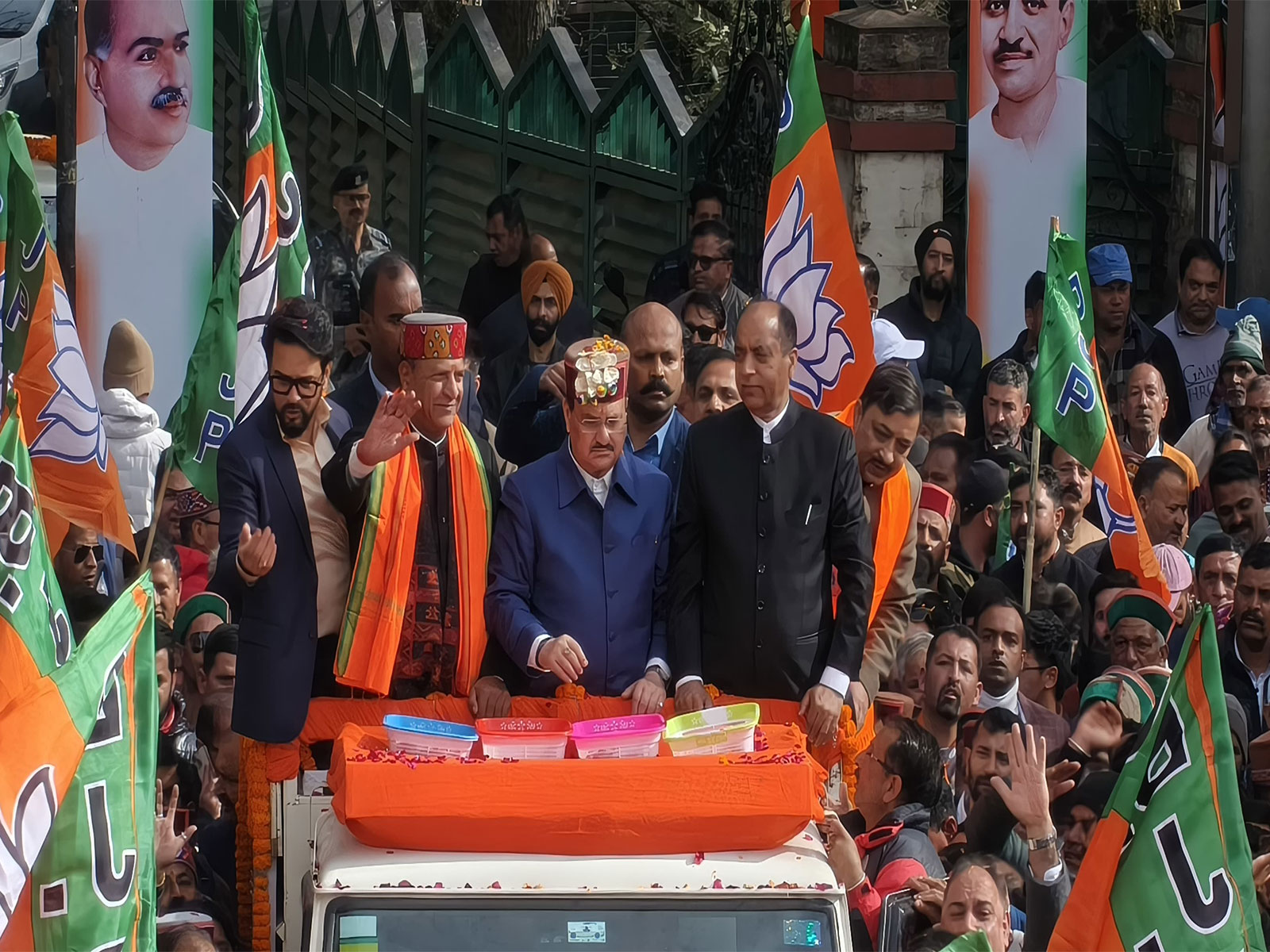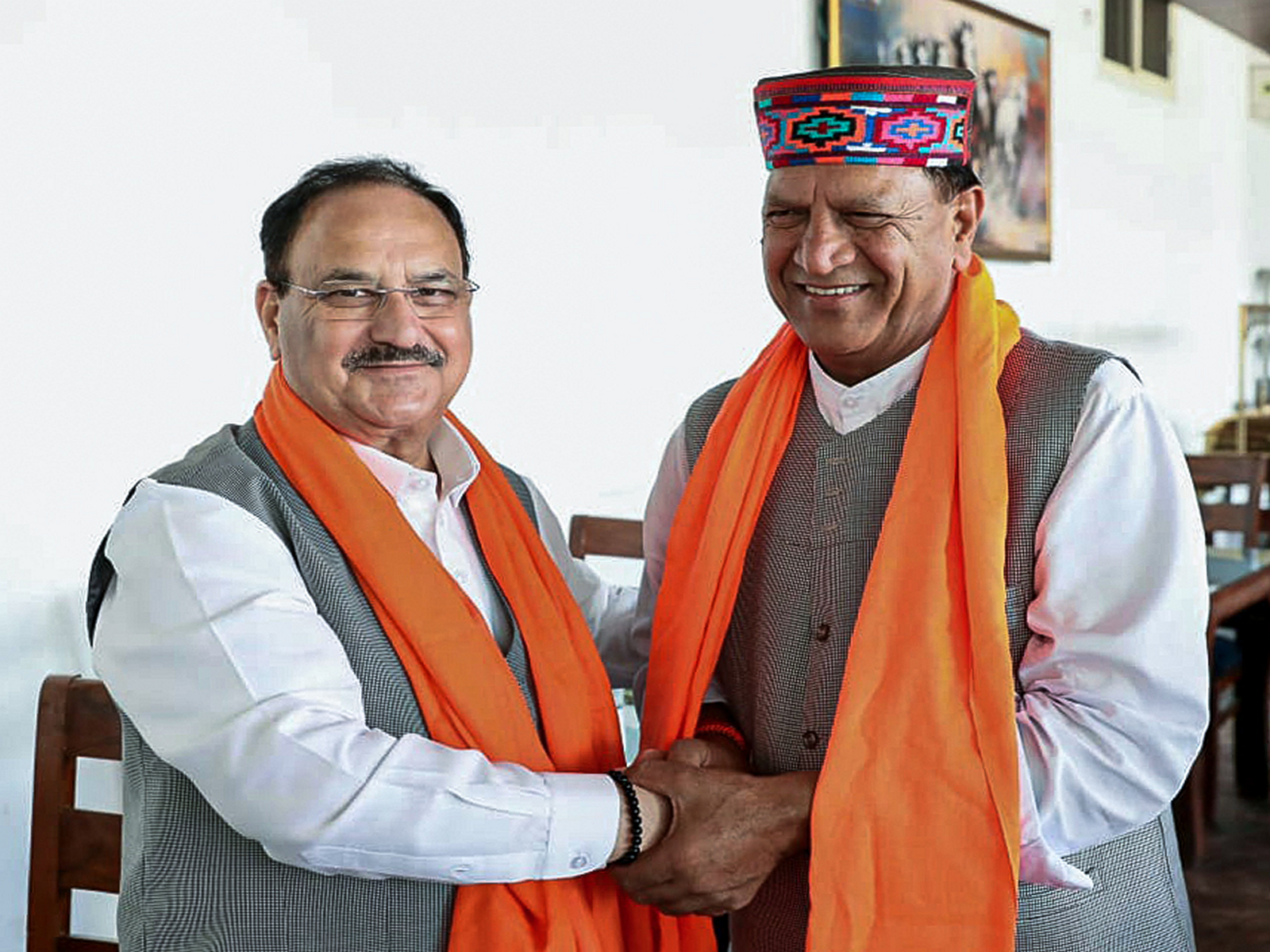SC seeks Centre's reply in plea for guidelines for time bound disposal of clemency, mercy petitions
Jul 16, 2020

New Delhi [India], July 16 : Supreme Court on Thursday issued notice to the Centre on a plea seeking directions for issuance of guidelines for time bound disposal of clemency and mercy petitions for cases in which death penalty have been awarded.
A Bench headed by Chief Justice SA Bobde also sought response from Maharashtra government on the petition and tagged the petition along with a similar petition pending before it.
The plea has also sought direction for the Centre and state governments to take necessary steps, in a time bound manner, in accordance with law to execute the sentence of death for those death-row convicts who have exhausted all their legal remedies.
The petition filed by advocate Subhash Vijayran said that death-row convicts who have not exhausted their legal remedies, should be directed to exhaust the same, in a time bound manner.
The petitioner stressed on the irregularities in deciding petitions across High Courts.
"Declare the imposition of death penalty as unconstitutional on the grounds of inability of the state to execute the penalty in a fair, just and equitable manner inter-se the death-row- convicts, the same being violative of Article-14 of the Constitution of India," the petition stated.
In the plea he said he was particularly focussing on the case of the two child-murderer sisters Renuka and Seema - convicted of kidnapping and murdering five helpless children.
The petition stated that their death sentences though confirmed by the top court, the President and the Governor - is stayed since 2014, as the Bombay High Court is hearing their post-mercy rejection petition in the most lackadaisical manner, with a gap of more than five years seven months between two hearing dates at pre-admission stage.
"If the courts of law and the government are unable to execute the death penalty in a fair and equitable manner, they should abolish it. But, if they are retaining the penalty, they are constitutionally bound to execute it in a fair and unbiased manner. They can't discriminate inter se the death row convicts, all of whom are similarly placed. Such discrimination would be arbitrary, unfair, and violative of Article-14 of the Constitution," plea stated.
It contended that while convicts in the Delhi gangrape and murder case were dealt with expeditiously because the victims parents garnered support and resources to reach out to the judicial system, victims in the child murderers case were slum dwellers and lacked resources and support due to death sentences of the convicts, though confirmed, is pending since 2014.
The petition stated that the recent hanging of convicts in Delhi gangrape and murder brought glaring systemic deficiencies.
It added that "there is selectiveness in going forward with executions and loopholes are solidly misused like they were in the Delhi case at the eleventh hour. This, it is argued, leads to social discontent."
"Just because the parents of the 42 deceased children are poor slum dwellers and do not have the means to pursue the case of their brutally murdered children; this is how the Bombay High Court is handling the case," petition asserted.
The petition stated that during 1990 - 1996, two sisters Renuka and Seema along with their mother Anjana went on rampage kidnapping and murdering 42 children in the most heartless and depraved manner. The prosecution, however, brought charges for kidnapping 13 and murdering 9 children before the trial court. Mother Anjana died during the trial, it said.
In June 28, 2001, the Additional Sessions Judge, Kolhapur, convicted the two sisters for kidnapping and murder of six children and imposed death penalty on them. On September 8, 2004, Bombay High Court upheld conviction in five cases and confirms death penalty, added the petition.


















